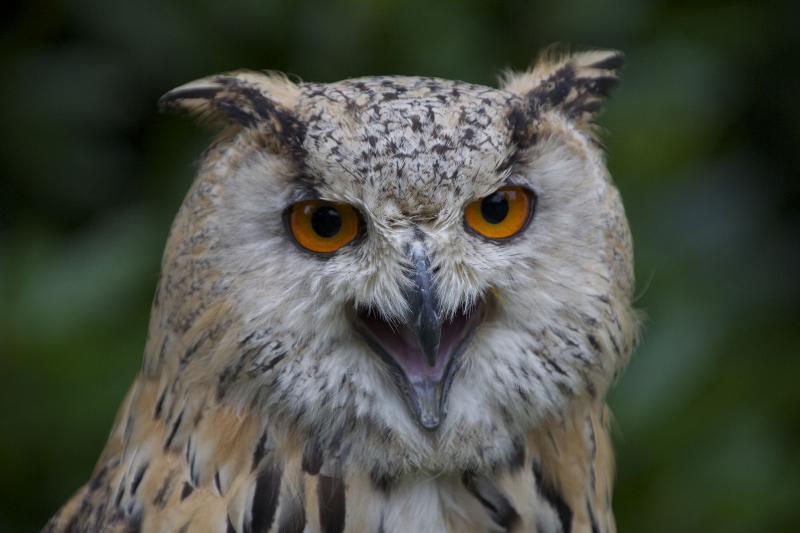This is going to be the first in what I hope will be a series of posts devoted to common misconceptions about evolution, climate change, and the nature of science. I’ve already talked about one of the most pervasive evolution misconceptions, that evolution occurs to serve a particular purpose, but there are oh so many more out there that I thought it’d be worth the electrons to dig into a few.
I preface this by explaining that I spent my last two summers in a windowless room up to my eyeballs in student test papers. At the time, I was working for the Massachusetts Department of Elementary and Secondary Education as a member of its science curriculum and instruction team. Most of my time in this role was spent developing our state test, the MCAS, which for science is administered in grades 5, 8, and 10. The high school test is in one of four subjects: biology, chemistry, introductory physics, or technology engineering.
Now, goodness knows there are a lot of opinions out there on the subject of statewide testing, but this is not the place for such a discussion. I will say this, however: I got to spend two years working with some of the most amazing science educators and science professionals in my state. Every single one of those people wants the best for the students in Massachusetts, and I’m proud to have worked with them. I’m also incredibly grateful for the insights I gained. It forever changed how I view the education-related problems we face.
What was my point? Yes, summers in windowless rooms. The MCAS is one of a few state tests that has open-response, long-answer questions. We ask students to answer multi-part questions in their own words. A computer does not score their responses—humans do. And just a few people (for the last two years, myself among them) determine just how this should be done. So we read actual student responses, and we debate, and we argue, and we think about fairness, and intellectual worth, and accuracy…it’s exhausting. But it’s also an absolutely marvelous way of getting to understand what misconceptions are out there among our students.
Let’s start with this one: Natural selection eliminates all “bad” variations.
Where does this misconception come from? Well, that’s easy. Ask people on the street what comes to mind when you say “natural selection” or “Darwin” and I bet that a significant number will answer “survival of the fittest!”* The problem is that most people on the street can’t accurately explain what that phrase means.
Ask me, and I’d say that it means that in a given environment, individuals in a population that have certain advantageous traits are more likely than individuals without those traits to pass on their genes (including the genes for the traits in question) to the next generation. I know, I know: “survival of the fittest” is way catchier. Which is probably why the majority of people would say something that boils more or less down to: Only individuals that meet the qualification of “fittest” will survive.
 So it’s no wonder that our students come to think that if, for example, an environment favors dark-colored mice because they are harder for predators like owls to find, then all of the light-colored mice will die. Extinct! Poof! See ya! Good night! But this isn’t how it works.
So it’s no wonder that our students come to think that if, for example, an environment favors dark-colored mice because they are harder for predators like owls to find, then all of the light-colored mice will die. Extinct! Poof! See ya! Good night! But this isn’t how it works.
When it comes to natural selection, “the fittest” really is “the good enough.” As long as you get a chance to reproduce and pass on your genes, you win. And even when faced with very strong selection pressures, it just isn’t the case that onlycertain individuals will be able to reproduce. A few not-so-ideal individuals are bound to sneak in there. And on top of that, due to the constant shuffling and reshuffling of genes involved in sexual reproduction, phenotypes not present in the parents can show up in the offspring.
All of this adds up to the fact that over the lifespan of a species, phenotypes, even very disadvantageous phenotypes, are almost never completely eradicated. They may be present in only a tiny proportion of the population; they’re almost always still in there somewhere.
Do you need help convincing your students of this? Stay tuned for Part 2 later today.
*As an aside, Darwin didn’t coin the phrase "survival of the fittest." Sure, he used it: for example, in his 1868 The Variation of Animals and Plants under Domestication, vol. 2, chapter 20. Darwin writes, “The power of Selection, whether exercised by man, or brought into play under nature through the struggle for existence and the consequent survival of the fittest, absolutely depends on the variability of organic beings.” However, the first appearance of the phrase in print (according to the OED) comes from Herbert Spencer’s 1864 Principles of Biology, which he wrote after reading the Origin. Aren’t you happy to know that?

